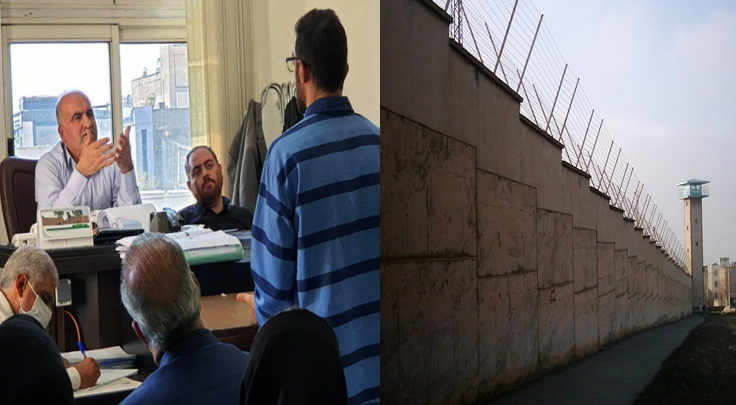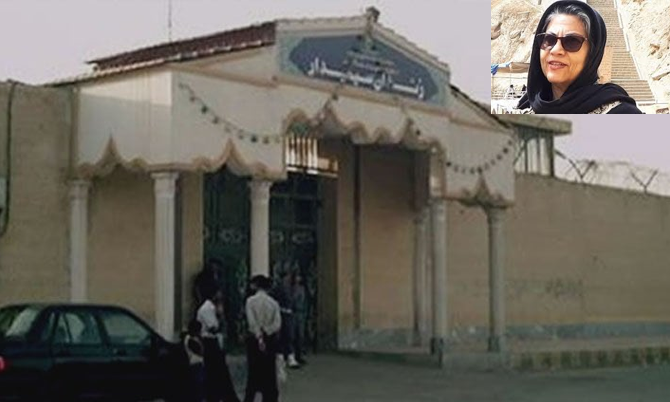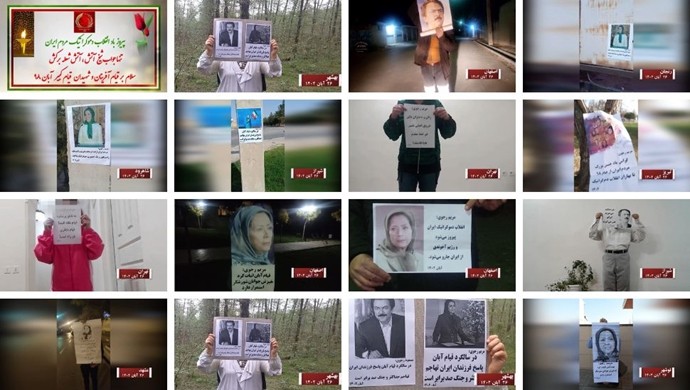

Recent reports reveal a troubling escalation in the denial of fundamental human rights, including medical care, and an increase in executions that coincide with religious celebrations, starkly contrasting the nation’s purported values.
Nejat Anwar Hamidi, 68, a PMOI supporter confined in Sepidar Prison, Ahvaz, exemplifies the regime’s cruelty. Suffering from a critical heart condition, Hamidi urgently requires surgical intervention. Yet, despite repeated pleas from her family, the authorities have denied her hospital transfer, underlining a callous disregard for prisoner welfare.
The situation is equally grim in Sheiban Prison, also in Ahvaz, where 17 political prisoners have been isolated from the outside world, forbidden from receiving visitors since April 13. This followed a violent assault by prison guards on the facility’s Ward 5, signaling a broader pattern of abuse and intimidation. Among these prisoners is Mehran Gharebaghi, 32, whose deteriorating health conditions a severe heart problem compounded by scabies and eye pain remain untreated due to the prison’s appalling conditions and deliberate medical neglect.

These individual stories are part of a larger narrative of systemic repression. On April 11, the regime executed Marjan Hajizadeh, only 19, alongside her husband, Esmail Hassaniani. Arrested at 16, Hajizadeh’s execution during Eid al-Fitr celebrations showcases a profound disrespect for life and religious principles. This event is not isolated; between April 13 and 14, three additional executions took place, and five others were moved to solitary confinement in anticipation of their death sentences.
Moreover, the death of Mehran Akrami, a 32-year-old detained during the 2022 protests, highlights the severe consequences of torture. After suffering brutal beatings that led to kidney failure, Akrami’s brief hospitalization ended with his premature return to custody, where he succumbed to his injuries.
These atrocities have prompted the Iranian Resistance to call for international condemnation and intervention. They urge the United Nations, European Union, and global human rights organizations to take decisive steps against Iran’s criminal activities and to support an international investigative delegation to document these abuses firsthand.

Despite the regime’s efforts to suppress and discredit the resistance, the Iranian populace’s demand for democratic change continues to gain momentum. This enduring struggle is not only a fight for individual rights but a broader battle for the nation’s soul, underscoring the critical need for international solidarity and action.

MEK Iran (follow us on Twitter and Facebook), Maryam Rajavi’s on her site, Twitter & Facebook, NCRI (Twitter & Facebook), and People’s Mojahedin Organization of Iran – MEK IRAN – YouTu







